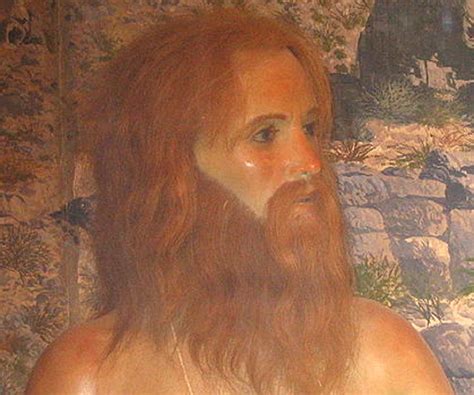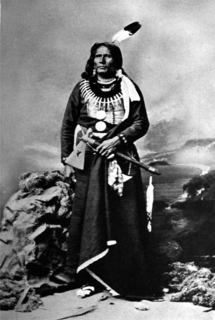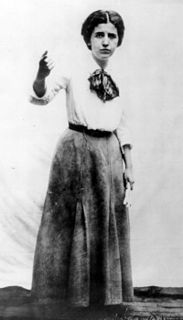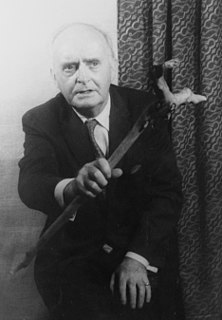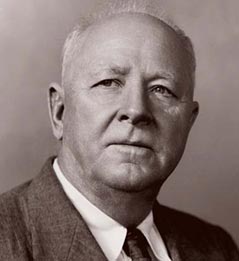A Quote by Alvar N. C. de Vaca
All over the land are vast and handsome pastures, with good grass for cattle, and it strikes me the soil would be very fertile were the country inhabited and improved by reasonable people.
Related Quotes
Our bodies are garbage heaps: we collect experience, and from the decomposition of the thrown-out eggshells, spinach leaves, coffee grinds, and old steak bones out of our minds come nitrogen, heat, and very fertile soil. Out of this fertile soil bloom our poems and stories. But this does not come all at once. It takes time. Continue to turn over and over the organic details of your life until some of them fall through the garbage of discursive thoughts to the solid ground of black soil.
You have driven me from the East to this place, and I have been here two thousand years or more....My friends, if you took me away from this land it would be very hard for me. I wish to die in this land. I wish to be an old man here....I have not wished to give even a part of it to the Great Father. Though he would give me a million dollars or more I would not give to him this land....When people want to slaughter cattle they drive them along until they get them to a corral, and then they slaughter them. So it was with us....My children have been exterminated; my brother has been killed.
Science with its retorts would have put me to sleep; it was the opportunity to be ignorant that I improved. It suggested to me that there was something to be seen if one had eyes. It made a believer of me more than before. I believed that the woods were not tenantless, but choke-full of honest spirits as good as myself any day,--not an empty chamber, in which chemistry was left to work alone, but an inhabited house,--and for a few moments I enjoyed fellowship with them.
I wanted to walk straight on through the red grass and over the edge of the world, which could not be very far away. The light and air abot me told me that the world ended here: only the ground and sun and sky were left, and if one went a little farther there would only be sun and sky, and one would float off into them, like the tawny hawks which sailed over our heads making slow shadows on the grass.
I fell in love with my country - its rivers, prairies, forests, mountains, cities and people. No one can take my love of country away from me! I felt then, as I do now, it's a rich, fertile, beautiful land, capable of satisfying all the needs of its people. It could be a paradise on earth if it belonged to the people, not to a small owning class.
History is largely a record of human struggle to wrest the land from nature, because man relies for sustenance on the products of the soil. So direct, is the relationship between soil erosion, the productivity of the land, and the prosperity of people, that the history of mankind, to a considerable degree at least, may be interpreted in terms of the soil and what has happened to it as the result of human use.
